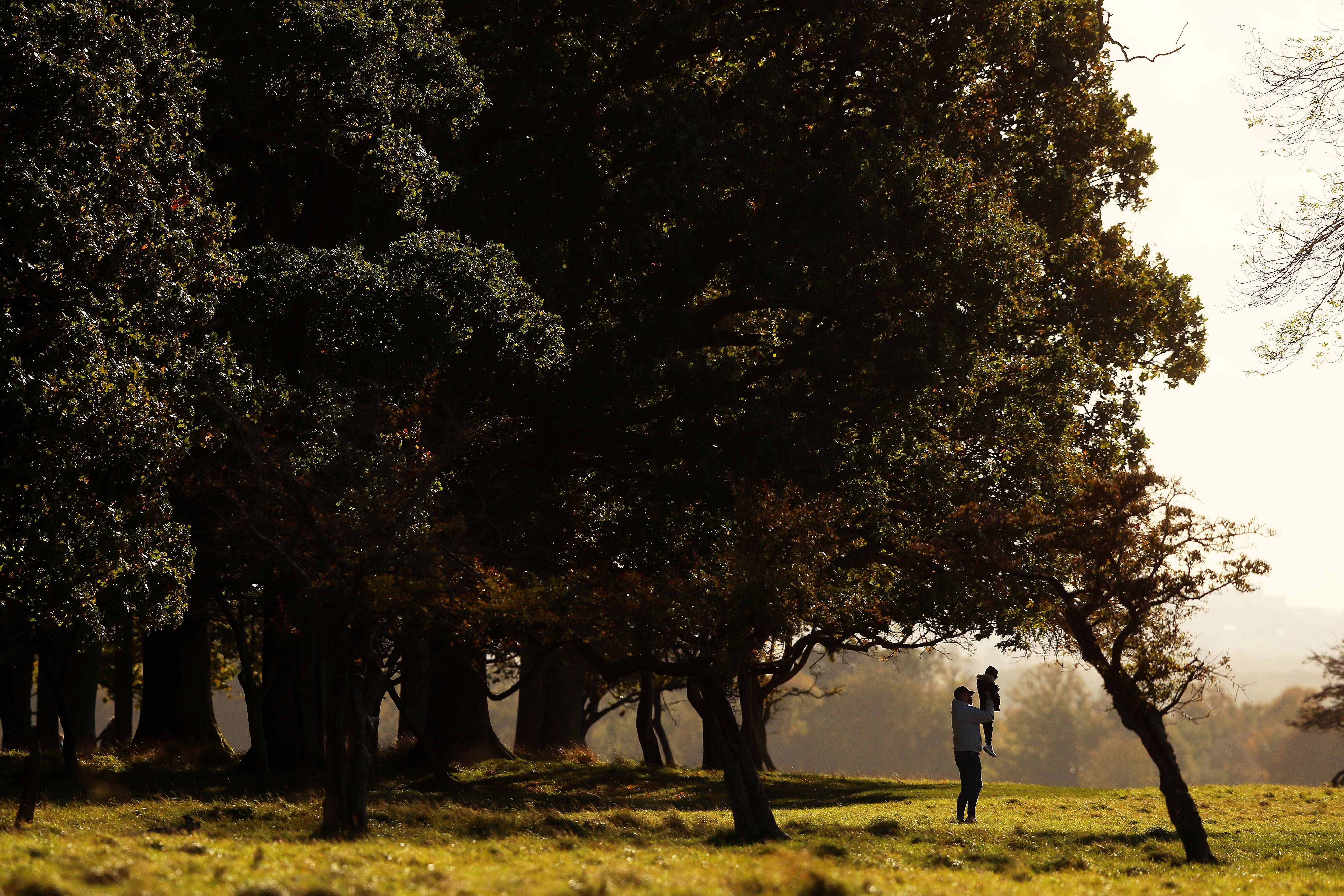Living near green spaces ‘linked with fewer emotional issues in preschoolers’
Findings add to existing evidence that nature is important for mental health, researchers say.

Your support helps us to tell the story
From reproductive rights to climate change to Big Tech, The Independent is on the ground when the story is developing. Whether it's investigating the financials of Elon Musk's pro-Trump PAC or producing our latest documentary, 'The A Word', which shines a light on the American women fighting for reproductive rights, we know how important it is to parse out the facts from the messaging.
At such a critical moment in US history, we need reporters on the ground. Your donation allows us to keep sending journalists to speak to both sides of the story.
The Independent is trusted by Americans across the entire political spectrum. And unlike many other quality news outlets, we choose not to lock Americans out of our reporting and analysis with paywalls. We believe quality journalism should be available to everyone, paid for by those who can afford it.
Your support makes all the difference.Preschool children who live near green spaces such as forests, parks or gardens, may have lower anxiety and depression symptoms compared to those who do not, research suggests.
A study conducted in the US has shown children aged between two and five, who lived close to nature had fewer internalising symptoms, such as anxiety, loneliness, depression and avoiding social situations.
But this association was not seen in children aged six and above, who spend more time at school, the researchers said.
The team said its findings, published in the journal Jama Network Open, suggest that green initiatives such as protected natural areas, parks, and urban forest programmes have the potential to reduce risk of early emotional issues in children.
Dr Nissa Towe-Goodman, a researcher from the Frank Porter Graham Child Development Institute at the University of North Carolina, Chapel Hill, in the US, said: “Our research supports existing evidence that being in nature is good for kids.
“It also suggests that the early childhood years are a crucial time for exposure to green spaces.”
Our research supports existing evidence that being in nature is good for kids
For the study, the researchers recruited more than 2,000 children, aged from two to 11, whose parents completed a survey to rate a child’s emotional and behavioural symptoms.
They also used a measure, known as the normalised difference vegetation index (NDVI), to quantify how much vegetation was in a given area across most US states using satellite data.
Analysis showed that higher levels of green spaces up to three-quarters of a mile from a child’s home were associated with lower anxiety and depression symptoms in early childhood.
This link persisted even when accounting for factors such as the socio-economic status of the neighbourhood, parent education, and their age when the children were born, the researchers said.
Dr Towe-Goodman said: “In the future, researchers could look into what kinds of experiences in nature are connected to kids’ early mental health.
“Also, we should study how creating or preserving natural areas around homes and schools might make a difference in a child’s mental health.”
The research was funded by the US National Institutes of Health’s Environmental Influences on Child Health Outcomes (ECHO) programme.